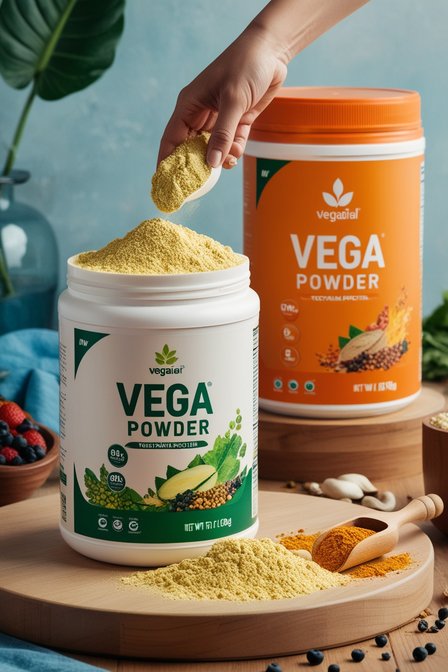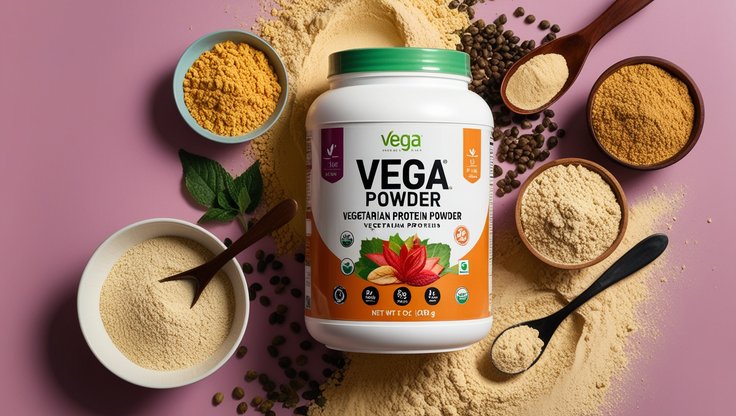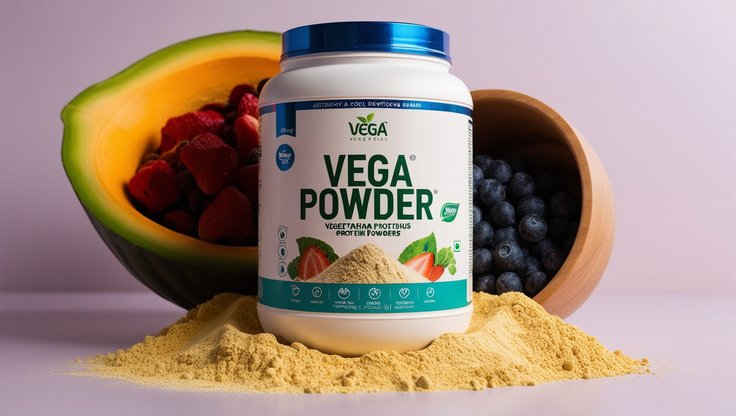Understanding Vegan Protein Intake
Introduction to Vegan Protein
Protein is a macronutrient that plays a critical role in the body, contributing to muscle repair, enzyme production, and overall cellular function. For those following a vegan diet, obtaining adequate protein intake requires a thoughtful approach, as traditional sources like meat, dairy, and eggs are excluded. However, with a variety of plant-based protein sources available, vegans can meet their nutritional needs effectively.
Sources of Vegan Protein
Plant-based proteins come from a range of sources, including legumes, grains, nuts, seeds, and vegetables. Each of these categories offers unique benefits and can be combined to ensure a complete amino acid profile. Legumes such as lentils, chickpeas, and black beans are particularly rich in protein and fiber. Grains like quinoa and bulgur also provide substantial protein along with essential nutrients. Nuts and seeds, including almonds, chia seeds, and hemp seeds, offer not only protein but also healthy fats and micronutrients.
The Importance of Amino Acids
Amino acids are the building blocks of protein. While the body can produce some amino acids, nine essential amino acids must be obtained through diet. Animal proteins are complete proteins, containing all essential amino acids in adequate amounts. Many plant proteins, however, are incomplete, meaning they lack one or more essential amino acids. By combining different plant-based proteins throughout the day, such as rice and beans or hummus and whole grain bread, vegans can ensure they receive all essential amino acids.
Benefits of Vegan Protein
Incorporating vegan protein into one's diet comes with numerous health benefits. Plant-based proteins are typically lower in saturated fats and cholesterol compared to animal proteins, which can contribute to better heart health. Additionally, vegan proteins are often accompanied by fiber, vitamins, and antioxidants that support overall well-being. Studies have shown that a diet rich in plant-based proteins can help reduce the risk of chronic diseases such as diabetes, hypertension, and certain cancers.
Vegan Protein Supplements
For those who struggle to meet their protein needs through whole foods alone, vegan protein supplements can be a convenient option. These supplements, often made from sources like pea, hemp, rice, and soy protein, provide a concentrated dose of protein. It's important to choose high-quality supplements free from additives and artificial ingredients. Reading labels and selecting products with minimal processing can help ensure the best nutritional benefits.
Meeting Daily Protein Requirements
The Recommended Dietary Allowance (RDA) for protein varies based on age, sex, and activity level. For most adults, the RDA is 0.8 grams of protein per kilogram of body weight. However, athletes, pregnant or breastfeeding women, and older adults may require higher amounts. Vegans can calculate their protein needs and plan their meals to include a variety of protein-rich foods to meet these requirements.
Common Myths about Vegan Protein
Several myths about vegan protein persist, such as the belief that it's difficult to obtain sufficient protein on a vegan diet or that plant proteins are inferior to animal proteins. These misconceptions can be dispelled by understanding that plant-based diets can provide adequate and high-quality protein when well-planned. Furthermore, many elite athletes and bodybuilders thrive on vegan diets, demonstrating that plant-based proteins can support rigorous physical demands.
Vegan Protein and Muscle Building
Building muscle on a vegan diet is entirely feasible with careful planning and adequate protein intake. Resistance training combined with a diet rich in diverse plant-based proteins supports muscle growth and repair. Protein timing, such as consuming protein-rich meals or snacks before and after workouts, can enhance muscle protein synthesis. Additionally, certain plant-based foods, like tofu, tempeh, and edamame, offer substantial amounts of protein that can aid in muscle development.
The Role of Protein in Weight Management
Protein plays a key role in weight management by promoting satiety and preserving lean muscle mass during weight loss. Vegan proteins can be particularly beneficial for those looking to manage their weight, as they often come with fewer calories and higher fiber content. This combination helps individuals feel full longer, reducing overall calorie intake and supporting weight loss or maintenance goals.
Environmental Impact of Vegan Protein
Choosing vegan protein sources has significant environmental benefits. Plant-based proteins generally require fewer resources, such as water and land, and produce lower greenhouse gas emissions compared to animal agriculture. By opting for plant-based proteins, individuals can contribute to sustainability efforts and reduce their ecological footprint.
Conclusion
A well-planned vegan diet can provide all the protein and essential nutrients needed for optimal health. By incorporating a variety of plant-based protein sources and understanding the principles of combining foods to ensure a complete amino acid profile, vegans can meet their nutritional needs effectively. The benefits of vegan protein extend beyond personal health to include positive impacts on the environment, making it a compelling choice for those seeking a holistic approach to nutrition and sustainability.




